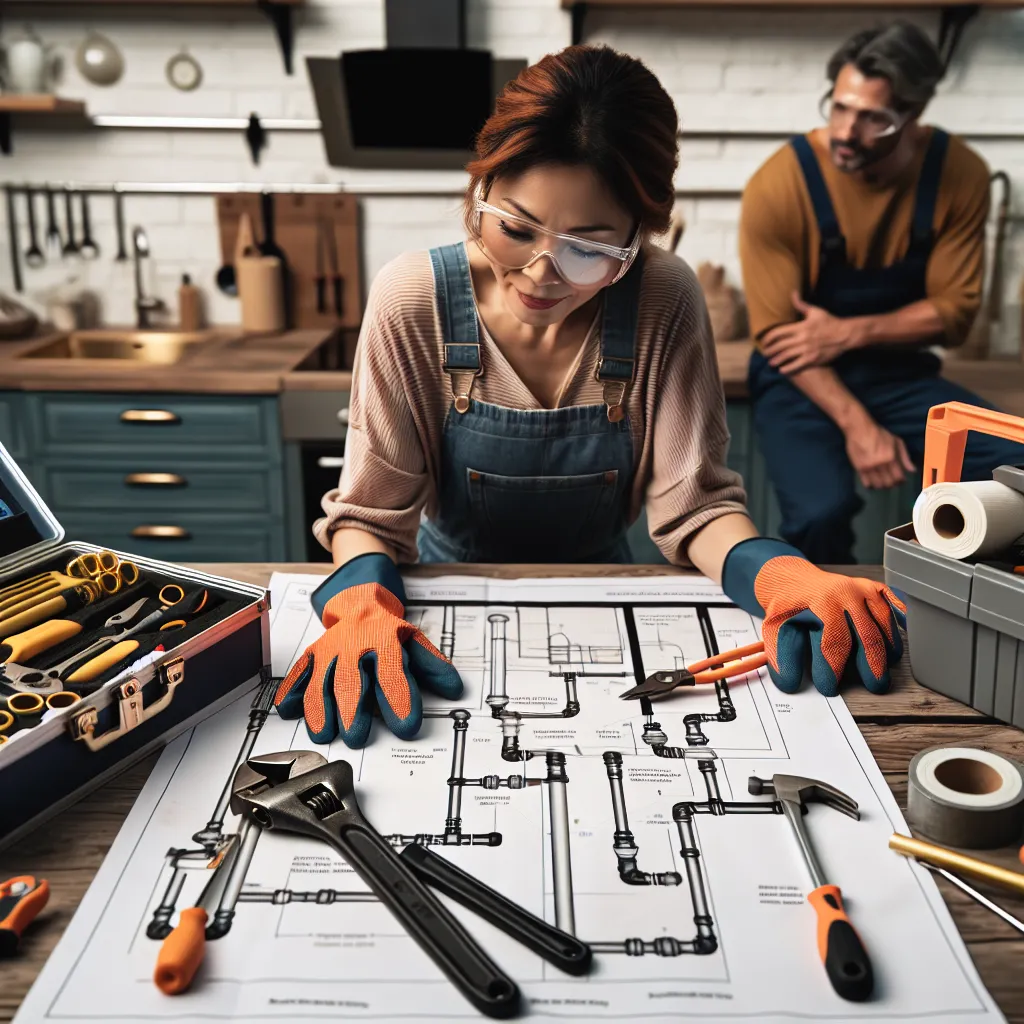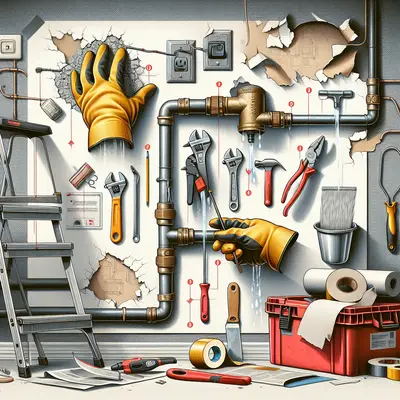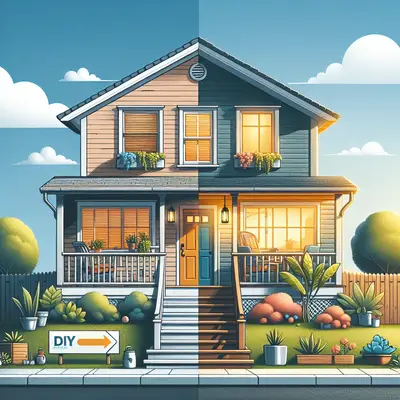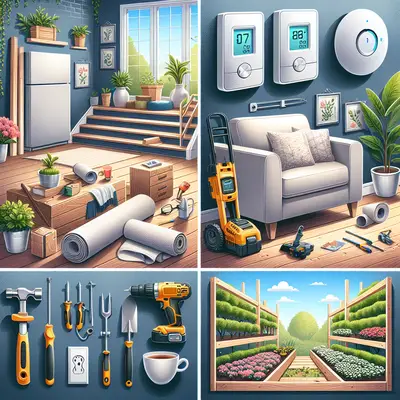Step 1: Understanding Your Plumbing System
Before diving headfirst into a plumbing project, take the time to understand your home's plumbing system. This includes knowing where the main water shut-off valve is located, the type of pipes used in your home, and the basic components of your plumbing fixtures. Having this knowledge will not only make your job easier but also prevent potential disasters.
Step 2: Gather the Essential Tools
Every DIY plumber needs a well-stocked toolbox. Some essential tools include a plumber's tape, pipe wrench, plunger, plumber's snake, and a hand auger. Having the right tools at your disposal will make your plumbing repairs smoother and more efficient.
Step 3: Tackling Common Problems
Now that you have your tools and understand your plumbing system, you can start addressing common issues. This could mean unclogging a drain using a plunger or plumber's snake, fixing a leaky faucet with a new washer, or replacing a faulty showerhead.
Step 4: Regular Maintenance
One of the best ways to avoid major plumbing issues is regular maintenance. This includes checking for leaks, ensuring your drains are clear, and inspecting your pipes for any signs of damage. By regularly checking your plumbing system, you can catch and fix small problems before they escalate.
Step 5: Know When to Call a Professional
While there are many plumbing tasks you can handle on your own, some issues require the expertise of a professional. If you're dealing with a major leak, sewer line issues, or installing new plumbing fixtures, it's best to call a professional plumber.
Conclusion
Mastering the art of DIY plumbing can save you money and give you a sense of accomplishment. By understanding your plumbing system, having the right tools, tackling common problems, performing regular maintenance, and knowing when to call a professional, you'll be well on your way to becoming a DIY plumbing expert. However, remember that safety should always come first. If a plumbing problem seems too complex or risky, do not hesitate to call a professional.



